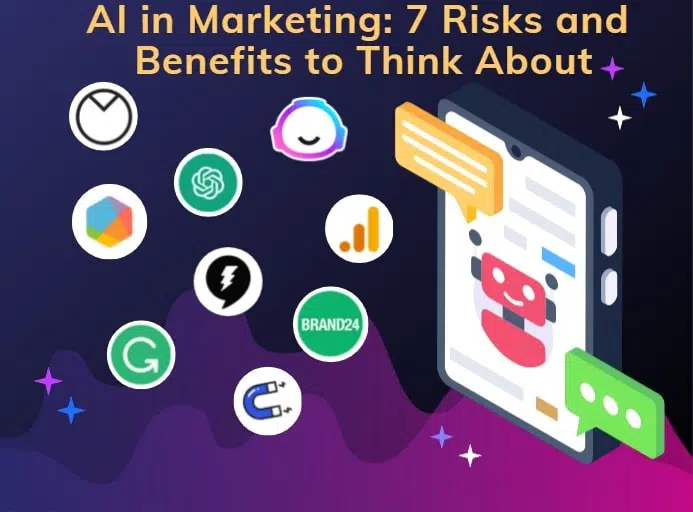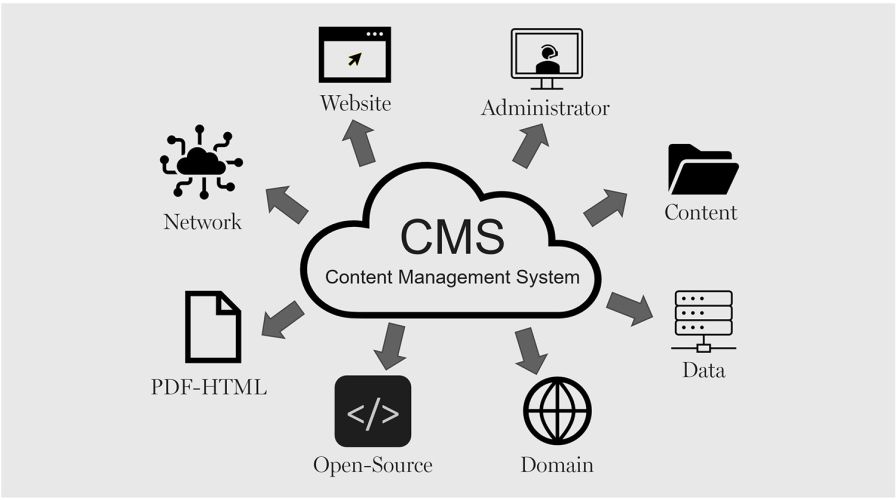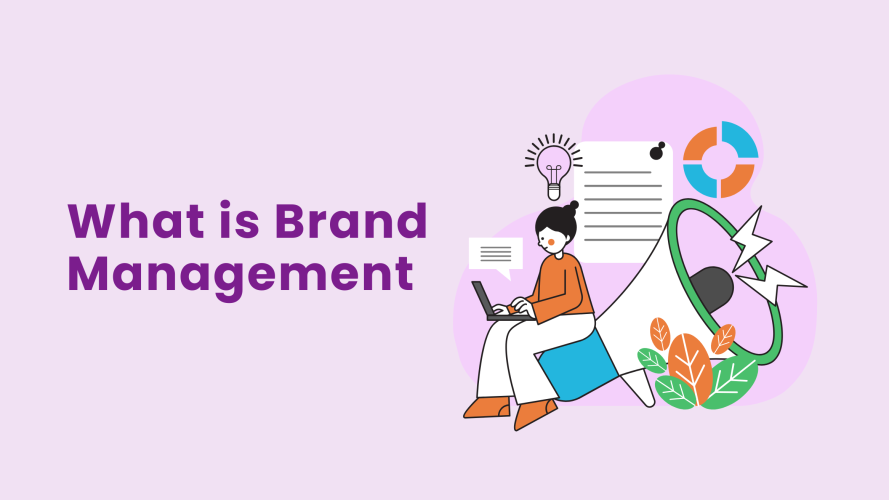
AI has become an essential part of our daily lives in the last decade, starting with the introduction of Apple’s Siri and Face ID. But the world was turned upside down in November 2022 with the launch of ChatGPT, a chatbot developed by OpenAI. According to the latest data, ChatGPT has more than 180 million users, and its popularity is still on the rise. New technologies have found their way into digital marketing as automation and data analysis give marketers more freedom.
1. Benefit: Enhanced Customer Personalization
One of the most significant advantages of AI in marketing is its ability to deliver personalized customer experiences. AI algorithms can analyze vast amounts of data to understand customer preferences, behaviors, and purchase histories. Based on this information, marketers can create hyper-personalized content, product recommendations, and offers that resonate with individual customers.
How It Benefits Your Business:
- Increased Engagement: Personalized marketing increases the relevance of your messages, leading to higher customer engagement.
- Better Customer Retention: By providing personalized experiences, you can build stronger relationships with your customers, increasing brand loyalty and retention rates.
- Improved Conversion Rates: Tailoring marketing efforts to the specific needs and interests of customers leads to higher conversion rates, boosting your overall ROI.
2. Benefit: Improved Data Analysis and Decision-Making
AI can process and analyze massive amounts of data faster and more accurately than any human could. By leveraging AI-powered analytics tools, marketers can gain valuable insights into customer behavior, campaign performance, and market trends. This data-driven approach allows for more informed decision-making, helping businesses optimize their marketing strategies and improve outcomes.
How It Benefits Your Business:
- Real-Time Insights: AI provides real-time analysis, allowing businesses to make quick adjustments to their campaigns based on current data.
- Optimized Campaigns: With AI analyzing which campaigns perform best, marketers can allocate resources more effectively and optimize marketing spend.
- Predictive Analytics: AI can predict future trends and customer behaviors, enabling marketers to stay ahead of the competition and adapt their strategies proactively.
3. Benefit: Automation of Repetitive Tasks
AI in marketing automates many repetitive tasks that would otherwise consume a lot of time and resources. For example, AI-powered chatbots can handle customer inquiries, automated email systems can send targeted campaigns based on customer behavior, and social media management tools can schedule and optimize posts. Automation not only saves time but also ensures consistency in customer engagement.
How It Benefits Your Business:
- Increased Efficiency: Automation allows marketing teams to focus on more strategic initiatives by handling routine tasks.
- Cost Savings: By automating repetitive processes, businesses can reduce labor costs and increase productivity.
- Consistency: AI ensures that customer interactions are consistent across channels, providing a seamless customer experience.
4. Risk: Over-reliance on AI and Lack of Human Touch
While AI can automate many marketing tasks, relying too heavily on AI-driven tools can lead to a lack of human touch in customer interactions. AI algorithms may not always fully understand the emotional or contextual nuances of human behavior, which can result in impersonal or ineffective communications. Striking the right balance between automation and human involvement is essential to maintaining genuine customer relationships.
Potential Impact on Your Business:
- Impersonal Communication: Automated messages may feel robotic, lacking the empathy and emotional connection that customers often expect from brands.
- Customer Frustration: In situations requiring human intervention (e.g., handling complex customer complaints), AI-driven responses may fall short, leading to customer frustration.
- Loss of Trust: Over-reliance on AI can result in errors or miscommunications that erode customer trust in your brand.
5. Risk: Privacy and Data Security Concerns
One of the most pressing concerns surrounding AI in marketing is the issue of data privacy and security. AI requires vast amounts of customer data to function effectively. Collecting, storing, and analyzing this data can lead to potential risks, such as data breaches, unauthorized access, or misuse of sensitive information. Consumers are becoming increasingly aware of these risks, and businesses must take steps to protect customer data.
Potential Impact on Your Business:
- Legal Issues: Failing to comply with data privacy regulations (such as GDPR or CCPA) can result in hefty fines and legal repercussions.
- Loss of Customer Trust: Data breaches or mishandling of personal information can severely damage your reputation and lead to a loss of customer trust.
- Negative Brand Perception: Businesses that prioritize customer data protection and privacy can build a competitive edge, while those that don’t may face negative publicity.
6. Risk: Algorithmic Bias
AI systems are only as good as the data they are trained on. If the data used to train AI algorithms is biased or incomplete, it can lead to biased outcomes in marketing campaigns. For example, an AI-driven ad targeting system may inadvertently exclude certain demographics based on biased data, leading to unethical or ineffective marketing practices. Businesses must be aware of the potential for algorithmic bias and take steps to mitigate it.
Potential Impact on Your Business:
- Exclusion of Key Demographics: Biased algorithms can lead to marketing campaigns that exclude or overlook specific customer segments.
- Ethical Concerns: Consumers are becoming more aware of issues related to bias in AI, and businesses that fail to address these concerns may face ethical scrutiny.
- Damaged Brand Reputation: Biased marketing practices can result in negative public relations and harm your brand’s reputation.
7. Benefit: Enhanced Customer Support
AI-powered tools such as chatbots and virtual assistants have revolutionized customer support. These tools can provide instant, 24/7 customer assistance, answering common questions and resolving issues quickly. AI-driven support systems can handle multiple inquiries simultaneously, ensuring that customers receive timely responses without long wait times.
How It Benefits Your Business:
- Improved Customer Experience: AI-driven customer support tools can provide instant responses, leading to higher customer satisfaction.
- Cost-Effective: Businesses can reduce customer support costs by using AI-powered chatbots to handle routine inquiries.
- Scalability: AI customer support systems can scale to handle large volumes of inquiries, ensuring no customer is left waiting.
Conclusion: AI in Marketing – A Powerful Tool with Potential Pitfalls
AI is transforming the marketing landscape, offering unparalleled opportunities to enhance personalization, automate processes, and improve decision-making. However, businesses must approach AI with caution, understanding the potential risks involved, including over-reliance on automation, data privacy concerns, and algorithmic bias.




